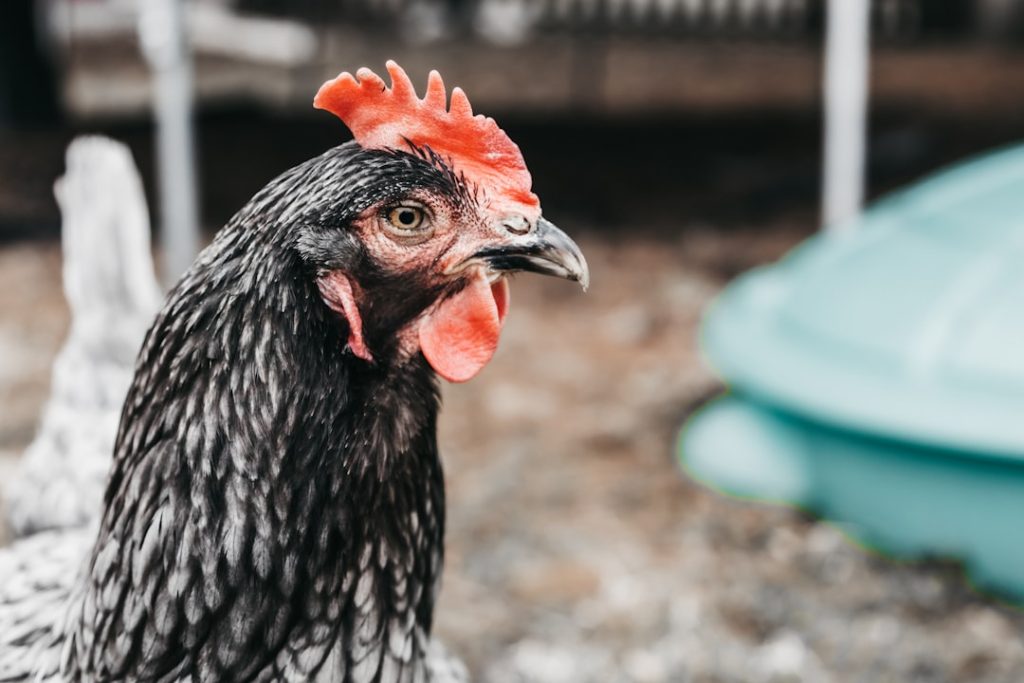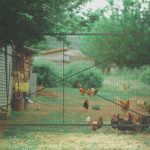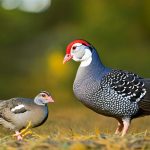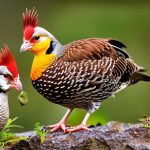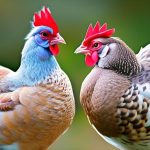Initial costs for starting a new farm include land acquisition, infrastructure development, and livestock procurement. Land purchase or lease is typically the most substantial expense, with costs varying based on size and location. Fencing and property division are essential infrastructure investments, requiring materials such as gates, posts, and wire, along with installation equipment.
Livestock acquisition represents another significant initial expense. The cost depends on the type of farm (e.g., dairy, poultry, or pig) and the number of animals required. Additional expenses related to livestock include housing, equipment, feed, and supplies necessary for maintaining animal health and productivity.
These initial investments are crucial for establishing a functional and productive farm operation. Careful planning and budgeting are essential to ensure adequate resources for all necessary startup costs.
Table of Contents
- 1 Housing and Equipment
- 2 Feed and Supplements
- 3 Veterinary Expenses
- 4 Bedding and Cleaning Supplies
- 5 Insurance and Permits
- 6 Miscellaneous Expenses
- 7 FAQs
- 7.1 What are the basic costs of keeping chickens for a year?
- 7.2 How much does it cost to purchase chickens?
- 7.3 What are the costs associated with building or buying a coop?
- 7.4 How much does chicken feed cost for a year?
- 7.5 What are the costs of bedding for chickens?
- 7.6 What are the healthcare costs for chickens?
- 7.7 Are there any other costs associated with keeping chickens?
Key Takeaways
- Initial costs for starting a small farm include purchasing land, fencing, and initial infrastructure.
- Housing and equipment expenses include building or purchasing shelters, feeders, and waterers for the animals.
- Feed and supplements are ongoing expenses that need to be budgeted for, including hay, grain, and mineral supplements.
- Veterinary expenses can include routine check-ups, vaccinations, and emergency care for the animals.
- Bedding and cleaning supplies are necessary for maintaining a clean and healthy environment for the animals.
Housing and Equipment
Animal Housing and Equipment
Once you have acquired your land and livestock, you will need to invest in housing and equipment for your animals. This can include things like barns, coops, and other structures for shelter, as well as feeding and watering systems to ensure that your animals have access to food and water at all times. Depending on the type of animals you are raising, you may also need to invest in specialized equipment such as milking machines or egg collection systems.
Farm Operation Equipment
In addition to housing and equipment for your animals, you will also need to invest in equipment for the day-to-day operation of your farm. This can include things like tractors, plows, and other machinery for planting and harvesting crops, as well as tools for maintaining fences and other infrastructure.
Efficient Farm Operation
Depending on the size and scope of your farm, investing in equipment can be a significant expense, but it is essential for the efficient operation of your farm.
Feed and Supplements
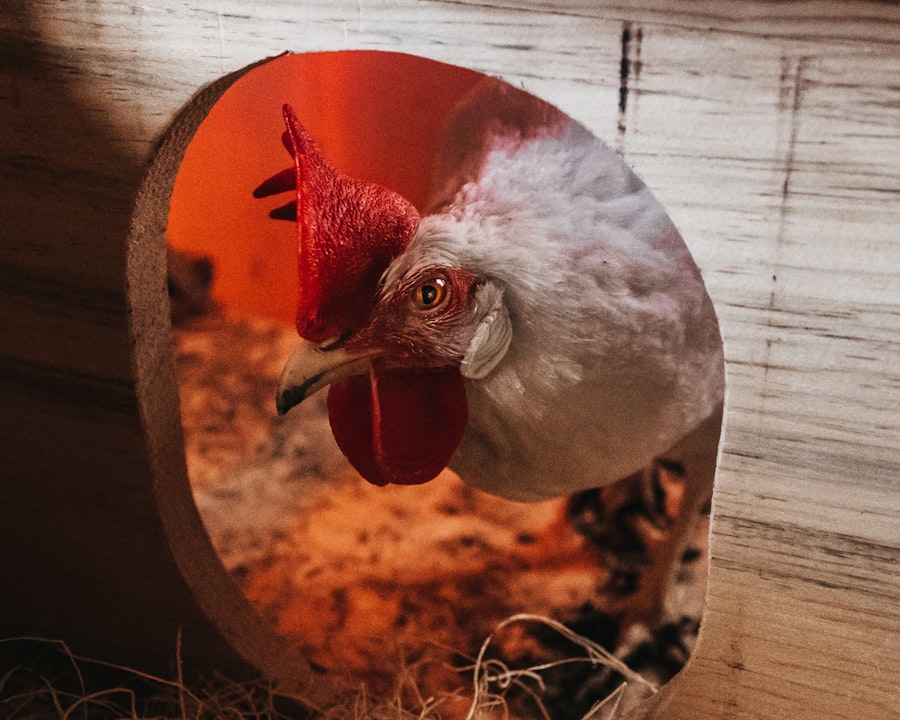
One of the ongoing expenses of running a farm is the cost of feed and supplements for your animals. Depending on the type of animals you are raising, this can include things like hay, grain, and other feedstuffs, as well as mineral supplements and other additives to ensure that your animals are getting the nutrients they need to stay healthy and productive. The cost of feed and supplements can vary depending on factors such as the size of your herd or flock, the type of animals you are raising, and the availability of feedstuffs in your area.
In addition to the cost of feed and supplements, you will also need to invest in storage facilities to keep these supplies dry and free from pests. This can include things like silos or bins for storing grain and other feedstuffs, as well as storage facilities for hay and other forage. Depending on the size of your operation, this can be a significant expense, but it is essential for ensuring that you have an adequate supply of feed and supplements on hand at all times.
Veterinary Expenses
Another ongoing expense of running a farm is veterinary care for your animals. Just like any other type of livestock, farm animals can be susceptible to a variety of health issues, from parasites and infectious diseases to injuries and reproductive problems. As a result, it is essential to have a good working relationship with a large animal veterinarian who can provide routine care as well as emergency services when needed.
In addition to routine veterinary care, you may also need to invest in medications and other supplies to keep your animals healthy. This can include things like vaccines, dewormers, and other preventive treatments, as well as medications for treating specific health issues. The cost of veterinary care can vary depending on factors such as the size of your herd or flock, the type of animals you are raising, and the prevalence of specific health issues in your area.
Bedding and Cleaning Supplies
Another ongoing expense of running a farm is the cost of bedding and cleaning supplies for your animals. Depending on the type of animals you are raising, this can include things like straw or wood shavings for bedding, as well as cleaning supplies such as disinfectants and detergents for keeping housing and equipment clean. The cost of bedding and cleaning supplies can vary depending on factors such as the size of your operation, the type of animals you are raising, and the availability of these supplies in your area.
In addition to the cost of bedding and cleaning supplies, you will also need to invest in equipment for managing manure and other waste products from your animals. This can include things like manure spreaders or composting equipment for managing manure, as well as storage facilities for storing waste products until they can be properly disposed of. Depending on the size and scope of your operation, this can be a significant expense, but it is essential for maintaining a clean and healthy environment for your animals.
Insurance and Permits
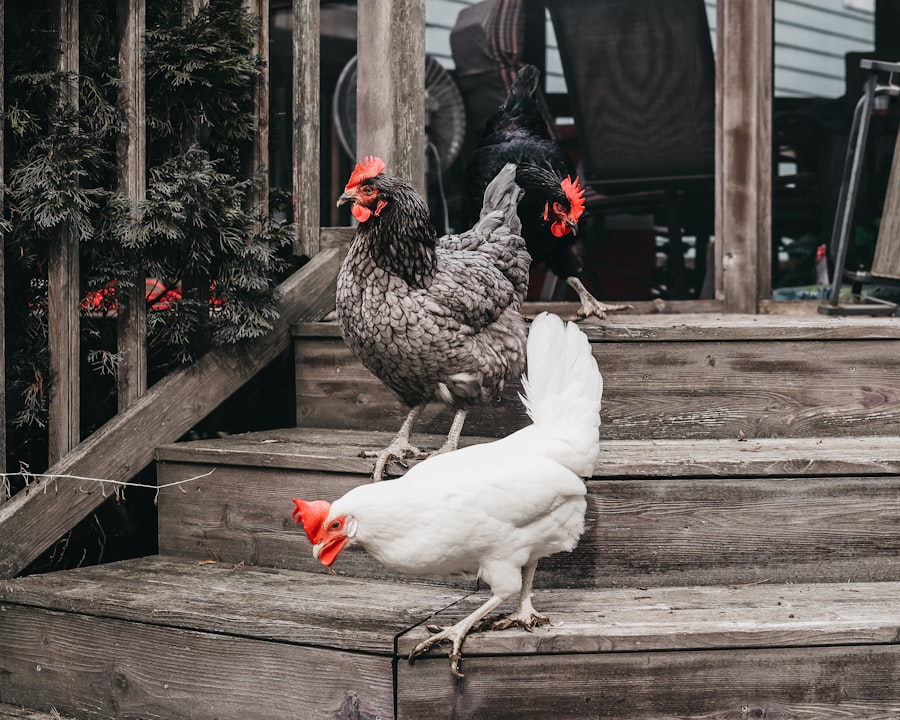
Insurance and Liability Protection
One of the essential expenses is insurance to protect your farm against potential liabilities such as property damage or injuries to visitors. The cost of insurance can vary depending on factors such as the size and scope of your operation, the type of animals you are raising, and the specific requirements in your area.
Permits and Licenses
In addition to insurance, you will also need to obtain permits and licenses required by local or state authorities. These permits and licenses can vary in cost depending on the same factors mentioned above.
Legal and Financial Services
Furthermore, you may need to invest in other legal and financial services such as accounting or legal advice to ensure that your farm is operating in compliance with all relevant laws and regulations. This can be an ongoing expense, but it is essential for protecting your farm against potential legal or financial risks.
Miscellaneous Expenses
Finally, there are a variety of miscellaneous expenses that can arise when running a farm. This can include things like utilities such as electricity or water for powering equipment or providing drinking water for your animals, as well as fuel for tractors or other machinery. Depending on the size and scope of your operation, these expenses can add up quickly, but they are essential for keeping your farm running smoothly.
In addition to utilities and fuel, you may also need to invest in other miscellaneous supplies such as tools or equipment for maintaining fences or other infrastructure, as well as office supplies or other administrative expenses for managing the day-to-day operation of your farm. While these expenses may seem small compared to some of the other costs associated with running a farm, they can add up over time and should be budgeted for accordingly. In conclusion, starting and running a farm involves a variety of initial and ongoing expenses that should be carefully considered when planning your operation.
From land and livestock to housing and equipment, feed and supplements to veterinary care, bedding and cleaning supplies to insurance and permits, there are many costs associated with running a farm that should be budgeted for accordingly. By carefully considering these expenses and planning accordingly, you can ensure that your farm is set up for success from the start.
If you’re considering keeping chickens, you may also be interested in learning about duck mating season. Poultry Wizard has a helpful article on when duck mating season occurs and how to prepare for it. Understanding the natural breeding behaviors of ducks can be important for anyone looking to raise them.
FAQs
What are the basic costs of keeping chickens for a year?
The basic costs of keeping chickens for a year include purchasing the chickens, building or buying a coop, feed, bedding, and healthcare supplies.
How much does it cost to purchase chickens?
The cost of purchasing chickens can vary depending on the breed and age of the chickens. On average, the cost can range from $3 to $30 per chicken.
What are the costs associated with building or buying a coop?
The cost of building or buying a coop can vary depending on the size and materials used. On average, the cost can range from $200 to $1000.
How much does chicken feed cost for a year?
The cost of chicken feed for a year can vary depending on the number of chickens and the type of feed. On average, the cost can range from $100 to $300 per year.
What are the costs of bedding for chickens?
The cost of bedding for chickens can vary depending on the type of bedding used and the size of the coop. On average, the cost can range from $50 to $150 per year.
What are the healthcare costs for chickens?
The healthcare costs for chickens can include vaccinations, deworming, and treatment for common illnesses. On average, the cost can range from $50 to $100 per year.
Are there any other costs associated with keeping chickens?
Other potential costs associated with keeping chickens include heating the coop in the winter, predator-proofing the coop, and any additional equipment or supplies needed.
Meet Walter, the feathered-friend fanatic of Florida! Nestled in the sunshine state, Walter struts through life with his feathered companions, clucking his way to happiness. With a coop that’s fancier than a five-star hotel, he’s the Don Juan of the chicken world. When he’s not teaching his hens to do the cha-cha, you’ll find him in a heated debate with his prized rooster, Sir Clucks-a-Lot. Walter’s poultry passion is no yolk; he’s the sunny-side-up guy you never knew you needed in your flock of friends!

